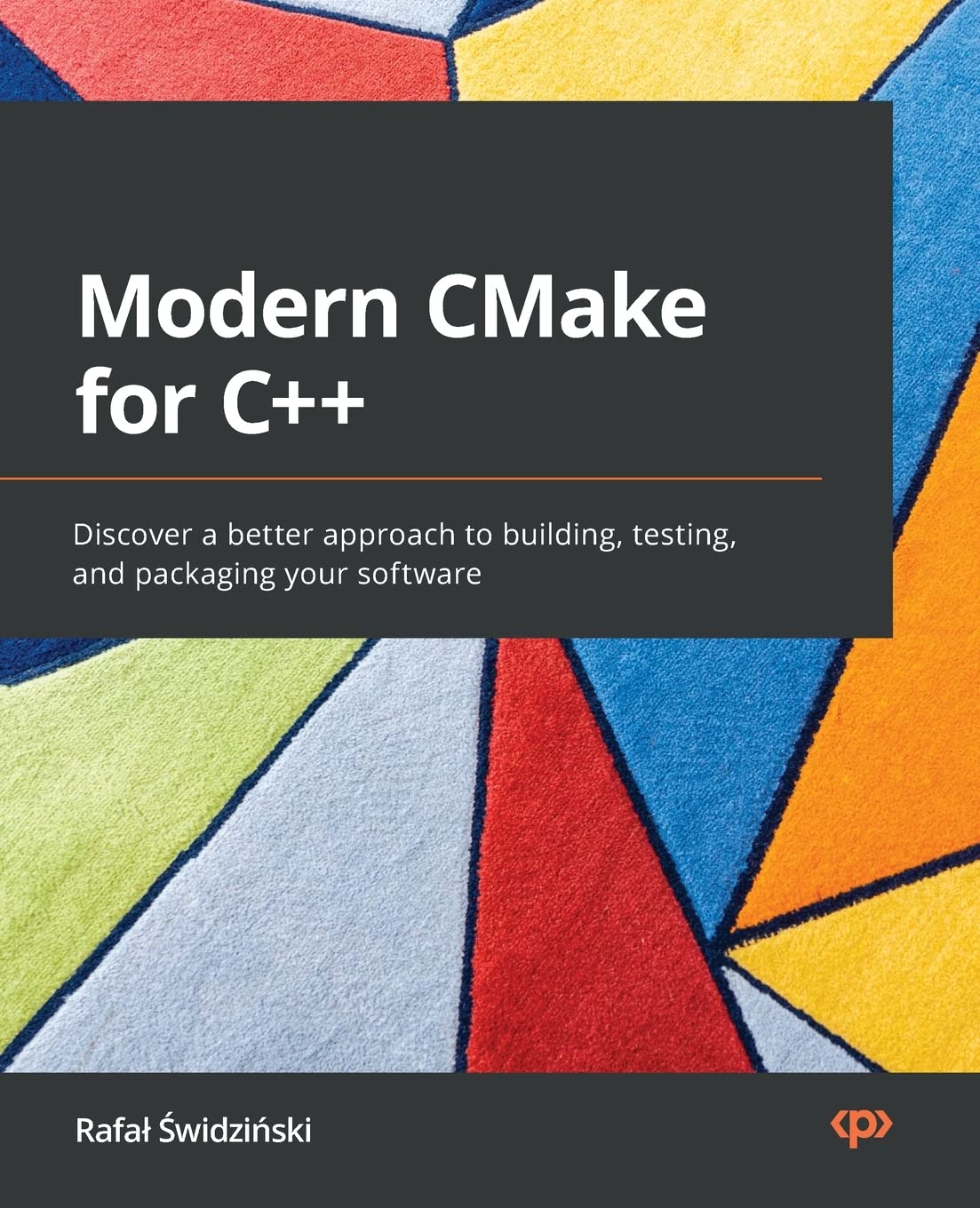

Most ebook files are in PDF format, so you can easily read them using various software such as Foxit Reader or directly on the Google Chrome browser.
Some ebook files are released by publishers in other formats such as .awz, .mobi, .epub, .fb2, etc. You may need to install specific software to read these formats on mobile/PC, such as Calibre.
Please read the tutorial at this link: https://ebookbell.com/faq
We offer FREE conversion to the popular formats you request; however, this may take some time. Therefore, right after payment, please email us, and we will try to provide the service as quickly as possible.
For some exceptional file formats or broken links (if any), please refrain from opening any disputes. Instead, email us first, and we will try to assist within a maximum of 6 hours.
EbookBell Team

4.7
26 reviewsCreating top-notch software is an extremely difficult undertaking. Developers researching the subject have difficulty determining which advice is up to date and which approaches have already been replaced by easier, better practices. At the same time, most online resources offer limited explanation, while also lacking the proper context and structure.
Key Features
Understand and automate compilation and linking with CMake
Manage internal and external dependencies easily
Add quality checks and tests as an inherent step for your builds
Book Description
Creating top-notch software is an extremely difficult undertaking. Developers researching the subject have difficulty determining which advice is up to date and which approaches have already been replaced by easier, better practices. At the same time, most online resources offer limited explanation, while also lacking the proper context and structure.
This book offers a simpler, more comprehensive, experience as it treats the subject of building C++ solutions holistically. Modern CMake for C++ is an end-to-end guide to the automatization of complex tasks, including building, testing, and packaging. You'll not only learn how to use the CMake language in CMake projects, but also discover what makes them maintainable, elegant, and clean. The book also focuses on the structure of source directories, building targets, and packages. As you progress, you'll learn how to compile and link executables and libraries, how those processes work, and how to optimize builds in CMake for the best results. You'll understand how to use external dependencies in your project – third-party libraries, testing frameworks, program analysis tools, and documentation generators. Finally, you'll get to grips with exporting, installing, and packaging for internal and external purposes.
By the end of this book, you'll be able to use CMake confidently on a professional level.
What you will learn
Understand best practices for building C++ code
Gain practical